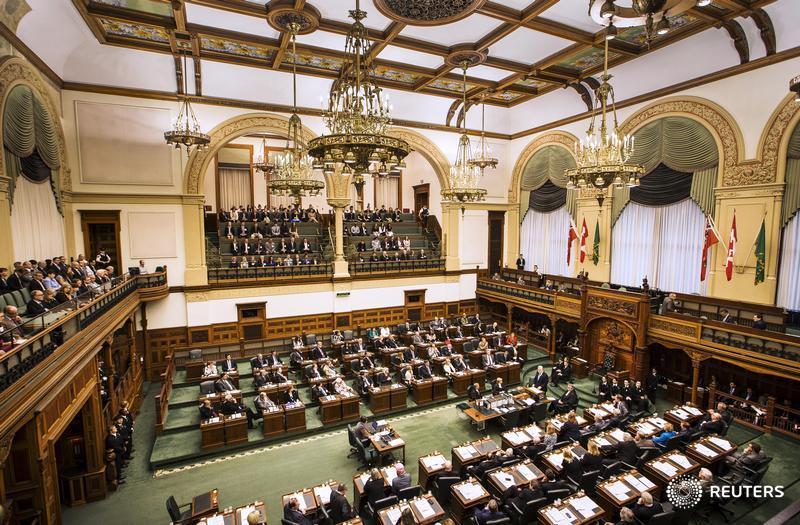A look at Ontario's Fair Workplaces, Better Jobs Act, 2017


By Stuart Rudner and Nadia Zaman
Since the Fair Workplaces, Better Jobs Act, 2017 (better known as Bill 148) became law in November 2017, there has been a lot of confusion among employers and employees alike with respect to how their rights and obligations have changed.
Among other things, Bill 148 introduced various changes to the statutory leaves available in Ontario. This blog post deals specifically with employees’ entitlement to statutory leaves of absences, and provides some guidance on how that entitlement may or may not differ when it comes to probationary employees.
All employees are entitled to statutory leaves, but some have eligibility requirements that include a minimum length of employment. Accordingly, whether or not an employee is entitled to a particular statutory leave often depends on her length of service with the company, regardless of whether or not the employee is a probationary employee. As a result, an employment offer cannot include a provision that probationary employees are not entitled to any type of leave for the duration of their probation, since excluding the leaves would be in breach of the Employment Standards Act, 2000 (ESA). Contracting out of the ESA is prohibited and any attempts to do so would be unenforceable.
The following are examples of statutory leave entitlements and how they may affect probationary employees:
- Vacation - Employees are technically not entitled to vacation time pursuant to the ESA until their first year of employment has been completed. However, employees are statutorily entitled to receive vacation pay immediately.
- Personal emergency leave - All employees who are covered by the ESA are entitled to 10 personal emergency days, of which the first two days must be paid. Employees need only be employed for one week before being entitled to the two paid days. If a personal emergency day is required in the first week of employment, it is taken from the eight unpaid days the employee has available to them, unless the contract of employment provides a greater benefit to the employee. Notably, the entitlement to 10 days per year is not pro-rated, so even if an employee starts working in December, they still get 10 days.
- Family caregiver leave - All employees who are covered by the ESA are entitled to take family caregiver leave. There is no requirement that an employee be employed for a particular length of time, or that the employer employ a specific number of employees for the employee to qualify for this leave. Family caregiver leave is unpaid, job-protected leave of up to eight weeks per calendar year per specified family member in respect of whom a qualified health practitioner has issued a certificate stating that he has a serious medical condition.
- Family medical leave - All employees who are covered by the ESA are entitled to take family medical leave. There is no requirement that an employee be employed for a particular length of time, or that the employer employ a specific number of employees for the employee to qualify for this leave. Family medical leave is unpaid, job-protected leave of up to eight weeks in a 26-week period. This leave may be taken to provide care or support to certain family members and people who consider the employee to be like a family member in respect of whom a qualified health practitioner has issued a certificate stating that she has a serious illness with a significant risk of death occurring within a period of 26 weeks.
- Pregnancy and parental leave - A female employee who has completed at least 13 weeks of continuous employment is entitled to a 17-week job protected pregnancy leave without pay. An employee who has completed at least 13 weeks of employment, who is the parent of a child (natural or adoptive), and who has not taken pregnancy leave, is entitled to up to 63 weeks of job protected parental leave without pay. An employee who has taken pregnancy leave is entitled to 61 weeks of parental leave and, therefore, up to 78 weeks (17 weeks plus 61 weeks) of combined pregnancy and parental leave.
We note that there is no entitlement to bereavement leave under the ESA for any employee, though Personal Emergency Leave might apply in certain circumstances.
For further information regarding statutory leave entitlements, please consult the Employment Standards Act, 2000 or review our free ebook on Bill 148 which introduced many sweeping changes to employment standards in the province of Ontario and has significant impacts on the obligations of employers. Employers would be well-advised to review and update their policies and procedures and ensure that they meet their legal obligations.
Nadia Zaman is an associate at Rudner Law in Toronto.




